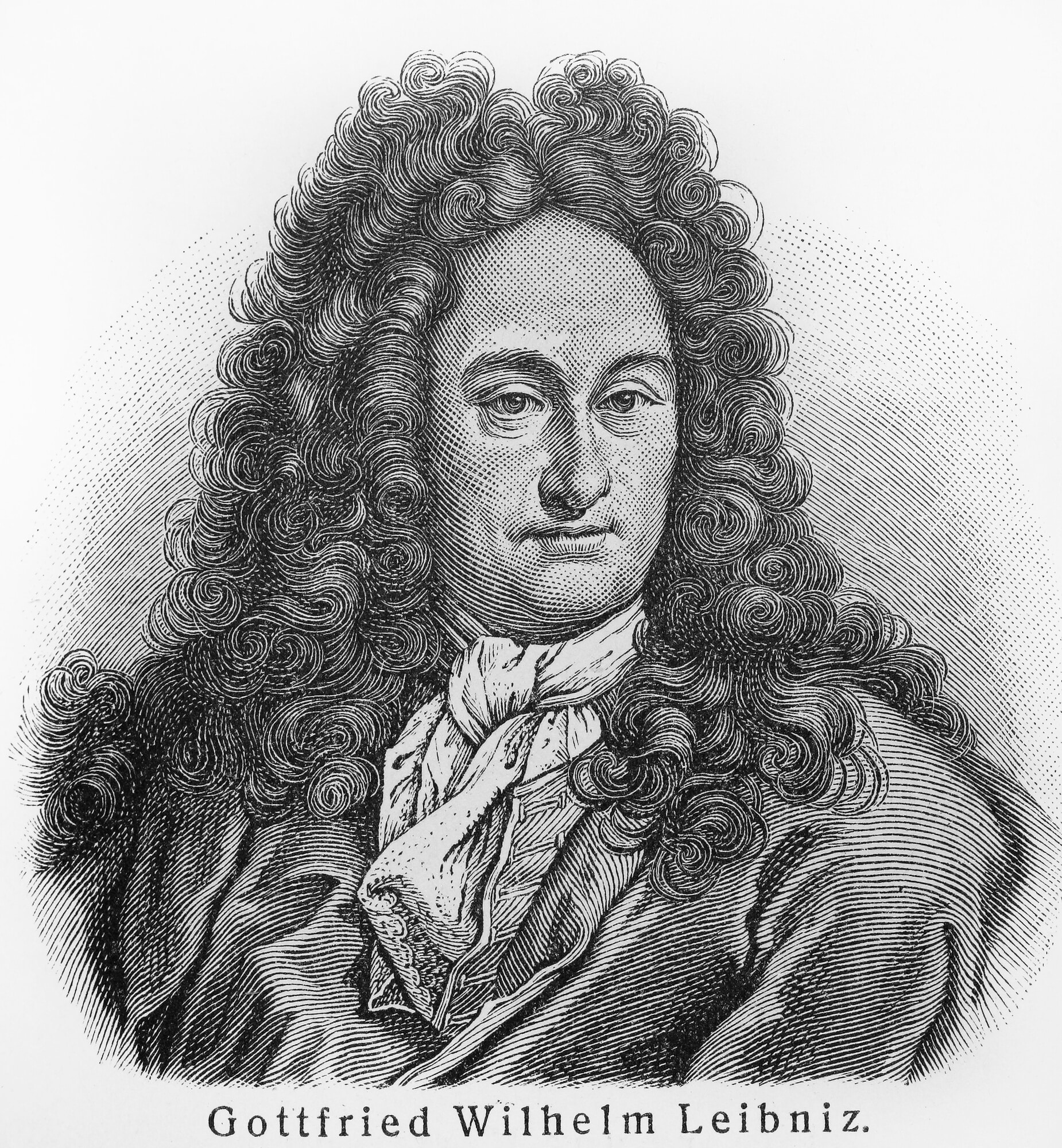Prof. Ohad Nachumi, Head of the Department of Humanistic Studies and Arts at the Technion, investigates the connection between the old and new world of thought in Leibniz's thought.

"Many know that the German thinker Gottfried Wilhelm Leibniz dealt with the concept of infinity as a mathematician, but not many know that he also applied this concept to the characterization of the world of living beings," says Prof. Ohad Nathumi, head of the Department of Humanistic Studies and Arts at the Technion. "Leibnitz was one of the discoverers, or inventors, of the infinitesimal calculus, which he developed at the same time as the renowned physicist Isaac Newton and independently of him. But alongside his important work in mathematics, Leibniz also gave his opinion to many other scientific and philosophical issues. One of them, which Leibniz's preoccupation with has been studied only a little so far, is what characterizes living beings".
Living beings as a "natural machine"
Leibniz, who lived in the 18th-17th centuries, described living beings using the concept of the "natural machine", a term opposed to an artificial, man-made machine. This is how Leibniz tried to merge the then new mechanistic tradition of philosophers such as René Descartes, who described animals as elaborate machines, with traditional concepts, and in particular the metaphysics of the Greek philosopher Aristotle.
This attempt by Leibniz seemingly embodies a contradiction between two opposing views: the mechanistic view of Descartes and others focuses on "operating causes", or factors, while the traditional view of Aristotle and others focuses on "purposive causes", or purposes, i.e. goals. "Effective causes" explain how things work based on their structure and their quantitative, mathematical description; In contrast, "purposive reasons" explain how things work in light of their purpose, or purpose.
Things act based on their structure
Aristotle, the clear representative of the "purposive causes" school, claimed that everything in nature - whether living or inanimate - has a purpose, and to explain it one must say what its purpose is, or in Aristotle's language, what its telos is. On the other hand, the philosophers Descartes, Spinoza and others caused one of the most important revolutions of the 17th century when they tried to understand nature as a mechanism, as a mere mechanism.
Leibniz, for his part, tried to merge the old world with the new. He believed that everything that exists in the world - not only animals and plants, but every object - is alive, and that the mechanistic, physical explanations do not explain the deep reasons for its existence. To explain why something exists, a mechanistic explanation is not enough, but a purposeful explanation is needed ("for what"). This is how Leibniz arrived at the concept of the natural machine, which combines a mechanical mechanism, which can be explained according to its components and mode of operation, and an animal, which is defined according to its purpose. According to Leibniz's method, things exist because God chose to create them, and God chose to create them because of the purpose inherent in them: because they contribute to the realization of the best possible world.
Every living thing - Leibniz argued - was created in the image of God in the sense that it is also infinite to a certain extent. In every living thing is inherent a kind of plan of action that realizes its purpose, and this plan of action is similar to an infinite mathematical series. The infinity inherent in every living being also has another aspect: the power of action, which gives creation the ability to develop, to move from stage to stage of its properties.
"Every living thing is created in the image of God"
All of these changes in living beings - the development during the life of each living being and the plan of action that enables it to produce generations of offspring - are not merely changes in the creature or in the world in general, but they are of great importance: they contribute to further perfection in the world. In this sense, every living being has a contribution to the best world, or in Leibniz's terminology - to "the best of the possible worlds".
According to Leibniz's philosophical method, every natural machine is therefore infinite in the sense that it includes a plan of action that can continue to be realized for many generations to infinity. At the same time, this natural machine remains a machine until the last of its parts: each part in it serves another part, and so ad infinitum.
Therefore, the concept of infinity, which was central to Leibniz's work as a mathematician, is reflected and plays a central role in his thinking in the field of life sciences.
More of the topic in Hayadan:
- Why is there anything at all? The Fundamental Question of Metaphysics: Part One: "The Darkest Question in All Philosophy"
- A demon-haunted country LB: Is a man created in Tselem a lovable person?
- The God who created everyone in his own image
- The Silence of the Sphinx - In the Image of God Part I
- The silence of the sphinx - in the image of God. Part XNUMX - Who did Jacob fight with?
